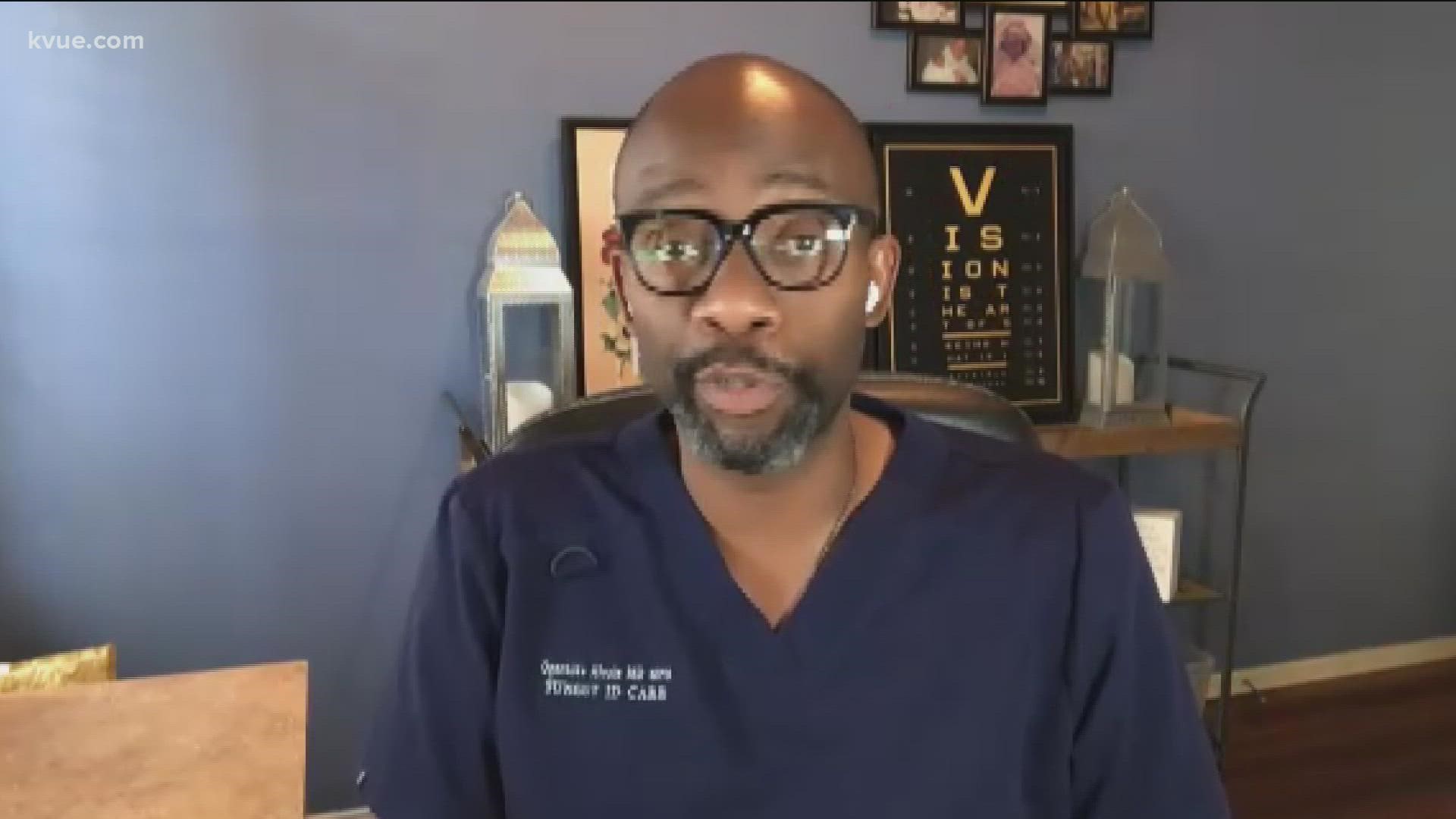AUSTIN, Texas — Additional COVID-19 vaccine shots are open to people with compromised immune systems, and boosters could soon open to all fully vaccinated people, so what are the side effects of the third shot?
"I have been cancer-free now for seven years," said Ashley Woody. "It's been a long road."
Part of that long road is being immunocompromised. After talking to her physician, Woody got Moderna's additional shot on Friday.
She said the side effects were similar to what she felt after her second dose, which is consistent with what experts said.
"Got it at 9:30 in the morning," said Woody. "By four o'clock in the afternoon, the joint pain and body aches set, a low-grade fever, body chills and just an overall feeling of fatigue."
Two days later, she said she felt normal.
"Everybody's symptoms are different," said Woody. "What I experienced, you may not."
Woody said getting the third shot was simple. She walked into a Walgreens and told staff members about her condition.
"With my third dose, I will probably travel and see my family," said Woody.
Right now, the CDC only recommends additional shots for people with comprised immune systems. The FDA could approve boosters for everyone next month.
Infectious disease expert Dr. Ogechika Alozie said the general public shouldn't run to get boosters without speaking with a doctor.
"In some people, this booster is just acting like a second shot, exactly like the second proper shot," said Dr. Alozie. "On average, in a healthy individual, you may not need it."
The Biden administration suggests getting a third shot eight months after the second, but Alozie said from looking at the U.K., it's unclear if that timeline is best for everyone.
"They waited months to get the second shot, and their immune response seems to have been better," said Alozie. "The United States did it differently. So there's no hard line, whether it's six months or eight months, as to when you should get or have a conversation about a booster. We're still sort of flying this plane as we build it."
PEOPLE ARE ALSO READING:
Three Houston-area Memorial Hermann emergency rooms closing due to COVID surge, hospital system says

